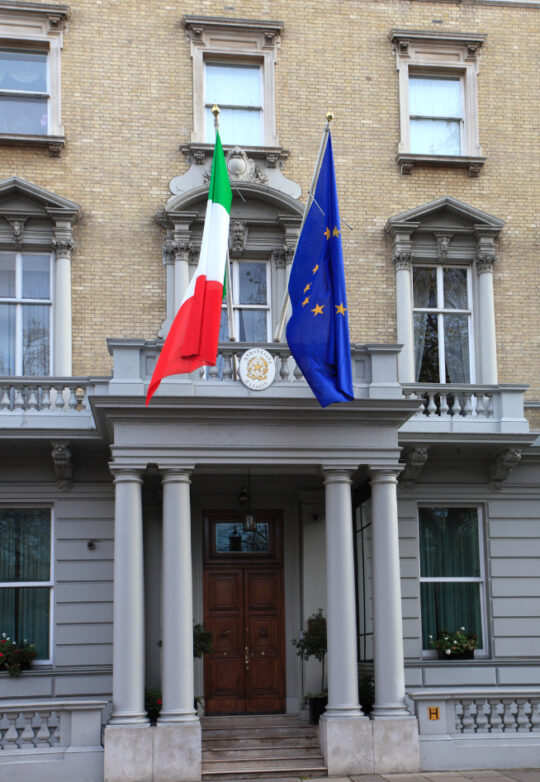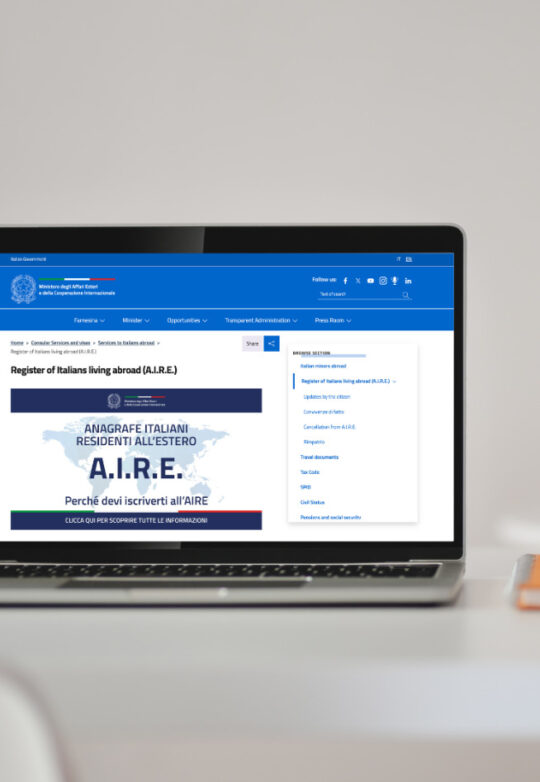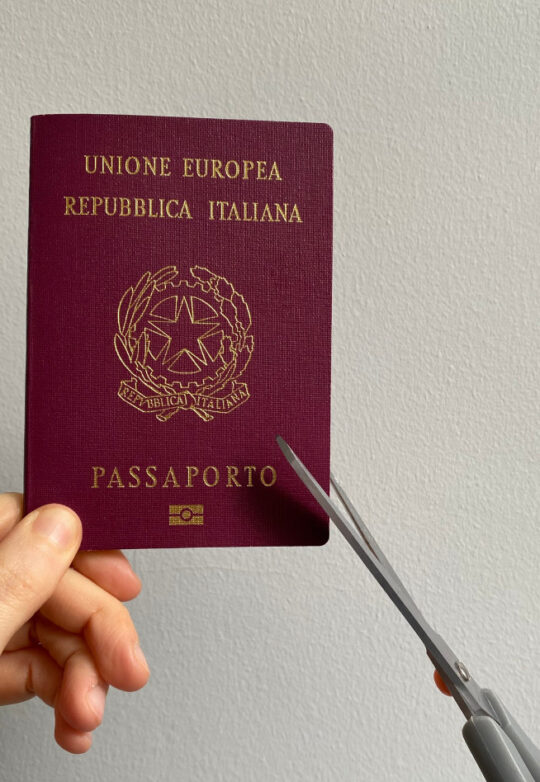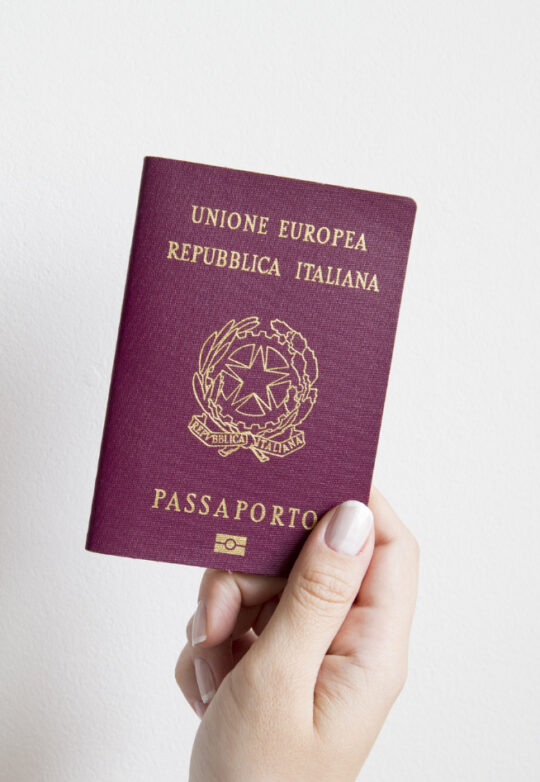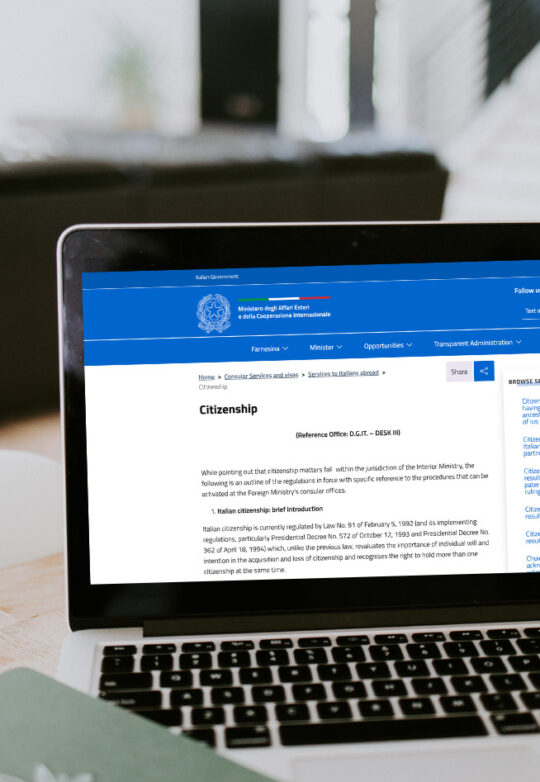Marco Permunian is an expert in Italian citizenship law matters residing in Los Angeles, CA and Rovigo, Italy. He received his law degree from the University of Ferrara in Italy and he is currently working for ICA, a leading firm providing dual citizenship services to American Citizens. Marco is a frequent guest speaker at events and conventions on US and Italian dual citizenship.
The Republic of San Marino is one of Europe’s microstates, surrounded by Italy’s Emilia-Romagna and Marche regions. It is one of the oldest republics in the world, dating to 301 AD, and was reputedly founded by a Christian stonemason named Marinus, who was escaping Christian persecution by the Roman Emperor Diocletian. It officially became a…
On February 29, 2024, Ministries of the Interior, Tourism, Foreign Affairs and Labor signed a decree for the implementation of the digital nomad visa. Following almost two years of deliberation by national authorities, a decree has been signed that outlines the criteria for obtaining a digital nomad visa, as well as the process allowing relocation…
What is a consulate? A consulate represents a nation in a foreign country and is responsible for performing services for the citizens of the nation it represents. Furthermore, consulates can perform certain services for the citizens of the country where the consulate is located. The functions of a consulate involve issuing visas and passports, passport…
If you are planning to relocate to Italy to start the citizenship by descent process, there are several steps that you need to take to be able to establish residency in the Italian municipality where you intend to make your application for citizenship. This article will outline everything you need to know about establishing residency, and…
In a previous article that you can find here, we discussed what the A.I.R.E. is and outlined how you can register. Today we will provide a recap, and inform you of an important update regarding A.I.R.E. requirements that affect Italian citizens who plan to live outside Italy for a period longer than 12 months. What…
This article will discuss Italian citizenship and under what circumstances it could be lost. It will also highlight some of the key dates and legislation that affect Italian citizenship law, and will provide information that may be of help to you if you are considering (or in the process of) seeking Italian citizenship. Key dates…
This article will highlight some of the steps you can take to speed up the process of applying for Italian citizenship by descent, both at Italian consulates and in Italy. It will also address some key points in terms of application requirements, and provide you with information that can be utilized to ensure your claim…
In a previous podcast and article, that can be found here, we talked about “1948 cases” and the reform in the state’s judicial system according to which a case needs to be presented at the regional court that covers the jurisdiction of the municipality where the applicant’s Italian ancestor was born. In this article we…
This article will explore what happens once you have gained Italian citizenship and plan to live in Italy. It will discuss the process of registering as a resident in Italy and will outline the benefits you can access once you become a resident in Italy. The focus of this article is how to establish residency…
Now that you have Italian citizenship, you might be wondering how you can move to Italy with your family and, indeed, if your non- Italian spouse can claim citizenship. While any minor children are Italian citizens automatically by right of having an Italian citizen parent, your non-Italian spouse, however, has two options: he or she…
In previous articles we have outlined the necessary information and steps to acquire Italian citizenship by descent, by marriage, and by residency. In this article we will explain which parts of the application process can be done online, and which stages will require the applicant to be present in person. Citizenship by descent If you…
Whether you’re applying for an Italian visa or looking to file your application for citizenship by descent from abroad you will need to schedule an appointment at your local Italian consulate. It is recommended that you book an appointment sooner rather than later, as appointment times can often be backed up for months. Booking an…



